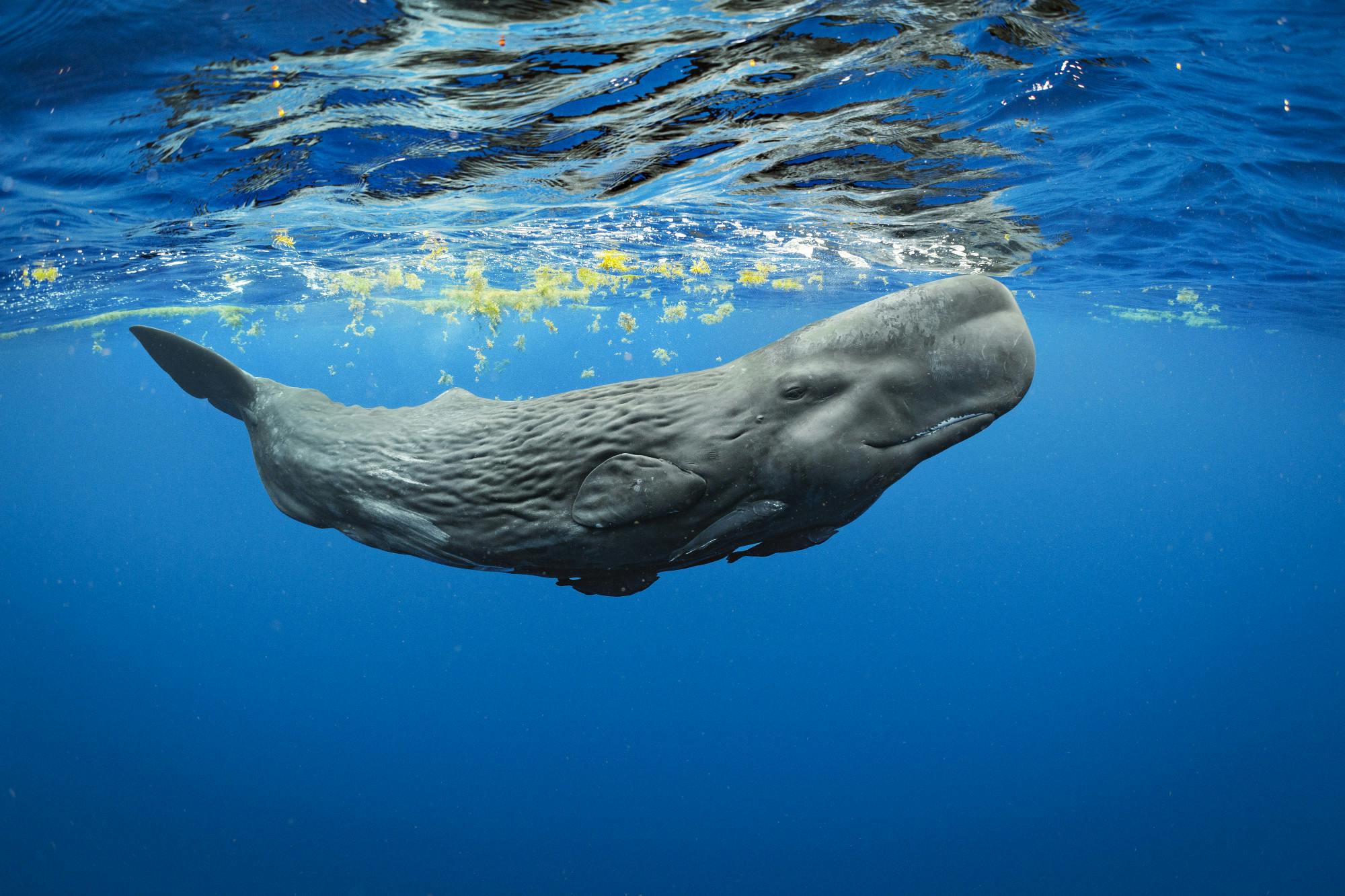The secret is out: you may have more in common with a whale than you think, according to National Geographic photographer and filmmaker Brian Skerry.
"National Geographic Live: Secrets of the Whales" is coming to the Wharton Center on Sunday, Feb. 26. Skerry said the show offers a “behind the scenes” look of the 40-page cover story and Disney plus series, also titled "Secrets of the Whales."
It's a three year fieldwork project that spanned 24 locations worldwide, from the equator to the North and South Poles. The project documents the lives of five species of whales: humpback, sperm, orca, beluga and narwhals.
“It's all about this project that I created about whale culture. The fact is that some of the latest and greatest science that's been published in recent years about whales is showing that whales have unique and distinct cultures not so different than humans,” Skerry said.
Some of the shared tendencies between humans and whales include language and dialect differences, diet preferences, singing competitions and even needing a vacation, Skerry said.
“Within a genetically identical species, whales are segregated by language or dialect. They have certain food preferences, orcas for example, they could eat anything they want in the ocean, but they choose to eat very specific things depending how they were taught by their parents or their grandparents, where they grew up where they live, again, not so different than humans,” Skerry said. “Whales have singing competitions, they take vacations, there’s summer beaches that they been going to for years.”
Skerry said his presentation will feature director’s cuts videos and personal anecdotes in addition to the project in order to give the audience a “more intimate sense of these whale families and their complex lives.”
“I show some personal stories, things that might not have come through in the magazine story or the television series, I can share my own director's cuts videos, footage that wasn't necessarily in the series,” Skerry said.
Skerry said he hopes that the audience will come out of "Secrets of the Whales" with a new perspective on the planet.
“My goal was to help people see the planet through the lens of culture with another species," Skerry said. "And that's what I hope people take away from this.”
The event begins at 4 p.m. in Cobb Great Hall. Tickets for Michigan State University students are $19.
Support student media!
Please consider donating to The State News and help fund the future of journalism.
Discussion
Share and discuss “The secret's out: all about whales this weekend at the Wharton Center” on social media.




